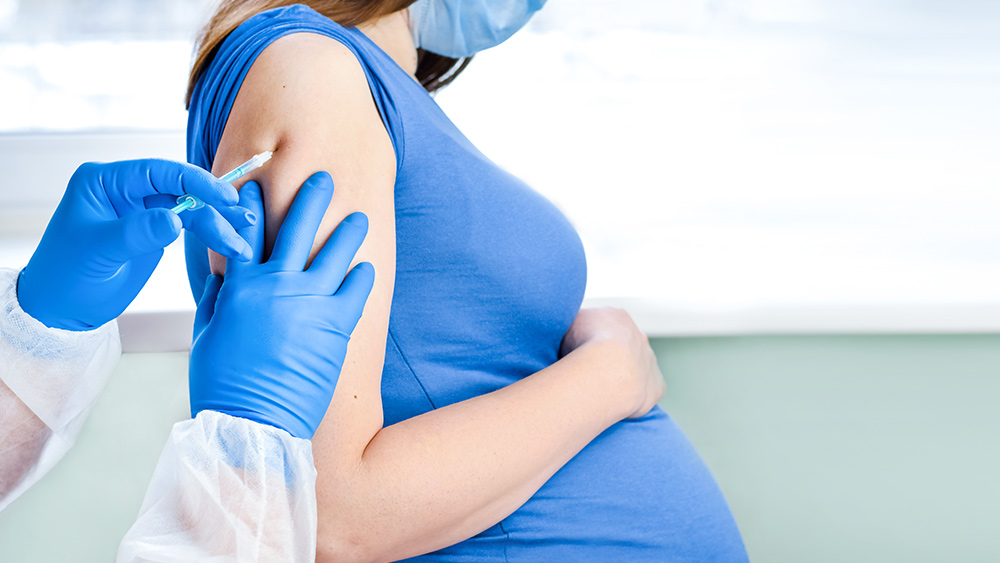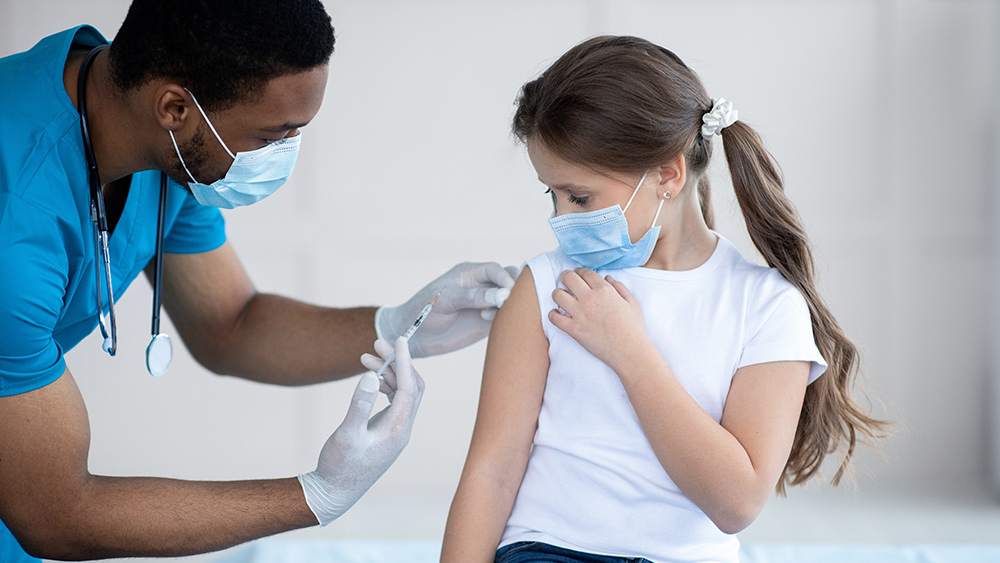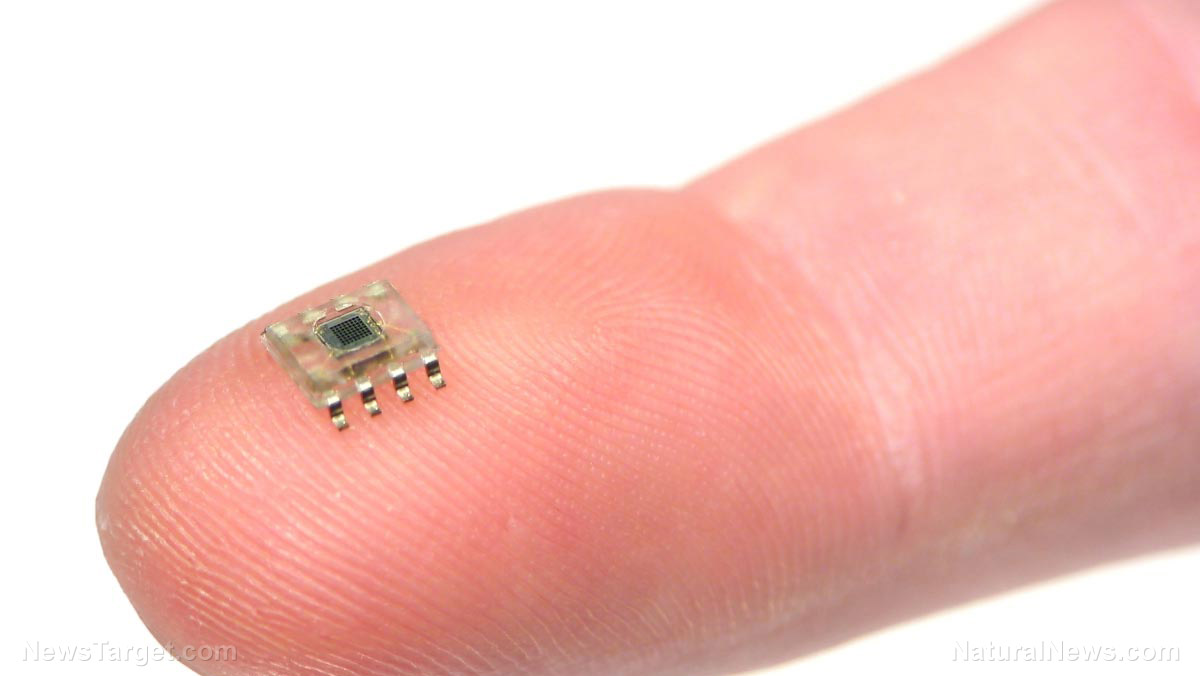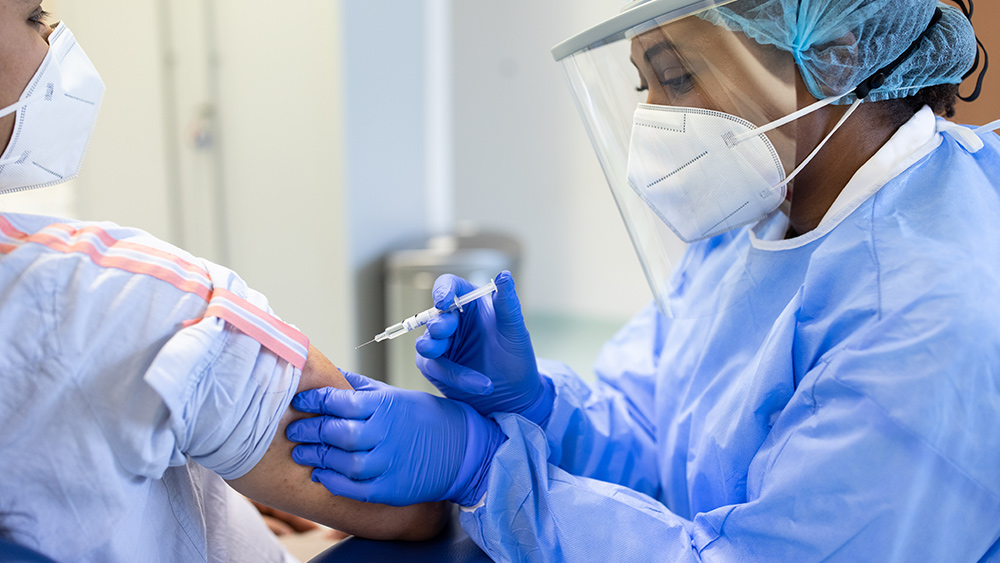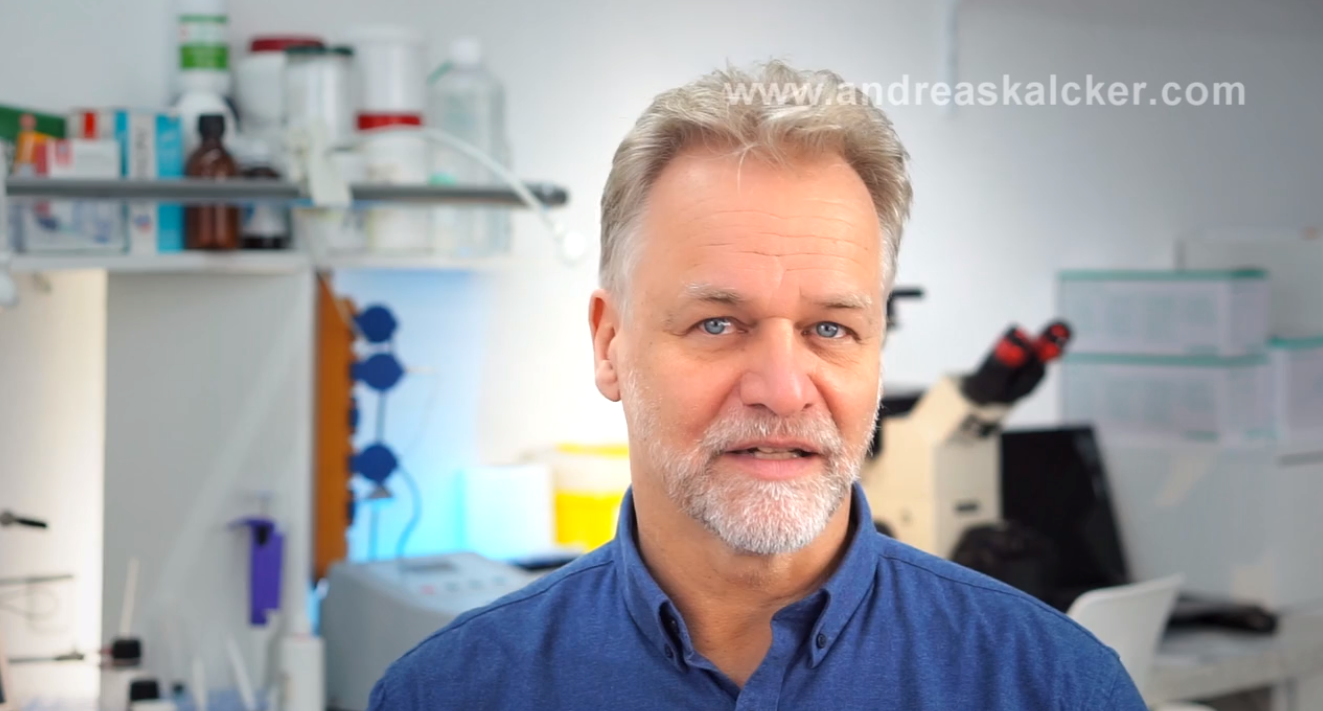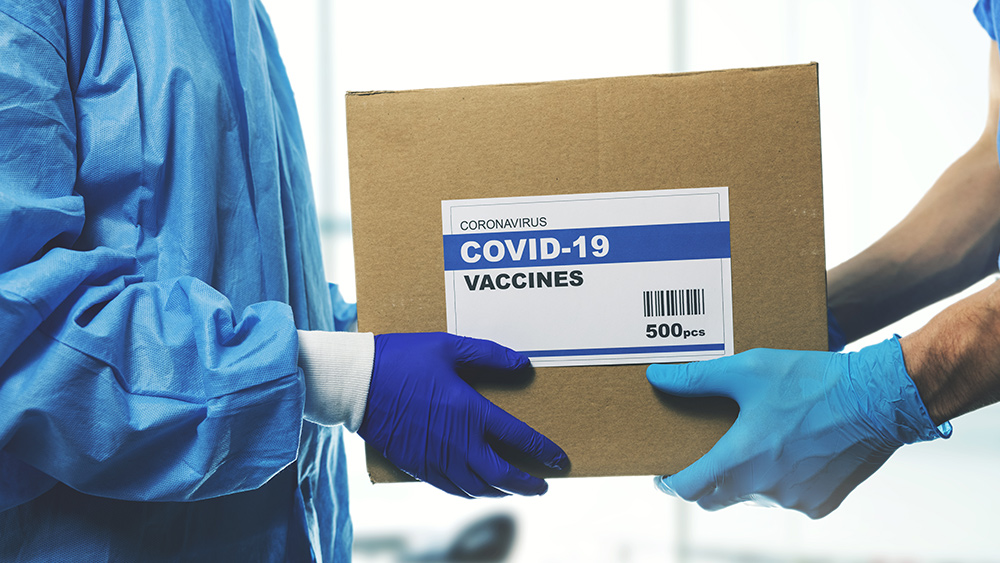Toxic for generations: Kids born to chemo survivors are increasingly infertile, having 72% fewer children
11/06/2017 / By Lance D Johanson

What are the generational health effects caused by chemotherapy? Precisely, which genes are turned on and off when a cancer patient is inundated with these toxic chemical agents? Do the chemotherapy-inflicted epigenetic changes pass on to the offspring of the patient and how do these changes impact fertility for future generations?
Chemotherapy has lasting health effects on the recipient. The patient’s healthy cells are critically weakened as the chemical agents attempt to rid the body of cancer. Chemotherapy does not strengthen the immune system. It does not help the body eliminate the cancer cells on its own. No, chemotherapy is a methodology of poisoning the body and its cancer cells, and this impacts every process of the body, creating pain, nausea, sickness, and damage to healthy cells, organ processes, and genetic expression. Chemotherapy’s effects alter DNA and this is something that can be carried on to the next generation of offspring.
Researchers from the University of Utah in Salt Lake City investigated the state’s population base to find out how chemotherapy was impacting the next generations. They didn’t find any significant data proving that children of male chemo patients had lower fertility rates. Male sperm doesn’t seem to be affected in the same way as a woman’s eggs and the female reproductive system. The researchers did find out that daughters of female chemo patients had 71 percent fewer children when compared to the general population. Even worse, the sons of female cancer patients had 87 percent fewer children. The data suggest that chemotherapy is causing DNA damage to women and their children, hindering their ability to procreate. (Related: Breast cancer patients who reject all conventional therapies live four times longer than those who follow the system.)
This study is the first to show that chemotherapy agents are more damaging to eggs than sperm. The study assessed fertility in young adults up to nineteen years of age. Only five out of 132 chemo patients’ children had conceived at this point in their lives, which was 71 percent less than the general population. Further research should examine fertility rates of chemo patients’ children to thirty years of age to see if fertility rates slowly recover with time.
The scientists conclude: “Chemotherapy given to women may have intergenerational effects on fertility. Further research should evaluate the germ line and gametes of children born to mothers exposed to chemotherapy for genetic and epigenetic changes.”
Follow more news on the depopulation agenda at Depopulation.news.
Sources include:
Submit a correction >>
Tagged Under:
cellular health, epigenetics, eugenics, Fertility, reproductive health, women's health
This article may contain statements that reflect the opinion of the author

